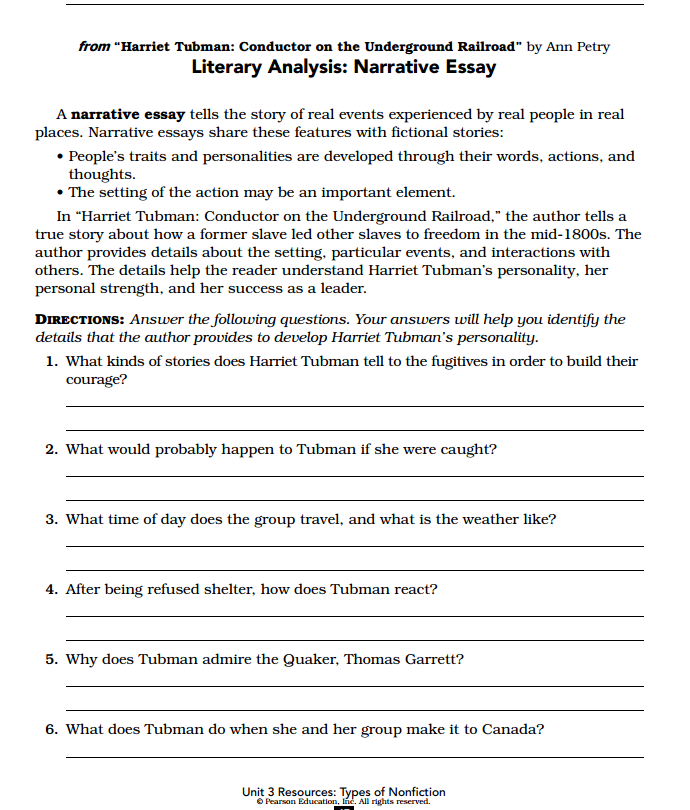A Summary and Analysis of Henry David Thoreau's 'Civil.
Despite his stance of civil disobedience on the questions of slavery and the Mexican war, Thoreau claims to have great respect and admiration for the ideals of American government and its institutions. Thoreau goes so far as to state that his first instinct has always been conformity. Statesmen, legislators, politicians--in short, any part of the machinery of state bureaucracy--are unable to.
Civil Disobedience Thoreau’s essay is out of copyright and in the public domain; this version is lightly edited for modernization. Supplemental essays are copyrighted by their respective authors and included with permission. The foreword is licensed under a Creative Commons Attribution-ShareAlike 3.0 Unported License. LIBERTAS PRESS 770 E. MAIN STREET, SUITE 255 LEHI, UT 84043 Civil.
Civil Disobedience (1849) is an essay by Henry David Thoreau expressing his belief that people should not allow governments to overrule or atrophy their consciences and that people have a duty both to avoid doing injustice directly and to avoid allowing their acquiescence to enable the government to make them the agents of injustice. Thoreau was motivated in part by his disgust with slavery.
Henry David Thoreau uses many examples of the logos, ethos and pathos appeals in his essay titled “Civil Disobedience”. Thoreau uses multiple analogies presenting logical appeal, or logos, throughout his essay. In particular, Thoreau compares the government to a standing army, “objections which have been brought about against a standing army, and there are many, and deserve to prevail.
In the essay “Civil Disobedience,” author Henry David Thoreau states that the only way a country could be truly free is through civil disobedience, with each citizen having his or her own right and responsibility to voice their concerns in the name of justice. Thoreau’s ideas on civil disobedience are a reminder that it is important to respect every voice even when it is small, because.
Henry David Thoreau was an American philosopher, environmentalist, poet, and essayist. He is best known for Walden, an account of a simpler life lived in natural surroundings, first published in 1854, and his 1849 essay Civil Disobedience which presents a rebuttal of unjust government influence over the individual. An avid, and widely-read, student of philosophy from the classical to the.
Civil Disobedience Henry David Thoreau. Study Guide Full Text. Summary. Summary; Context; Section One; Section Two; Section Three; Important Terms; Further Study. Review Quiz; Study Questions; Bibliography; Writing Help. Suggested Essay Topics; How to Cite This SparkNote; Terms Important Terms Terms Important Terms. Abolitionists Activists in favor of abolishing slavery Daniel Webster Daniel.










